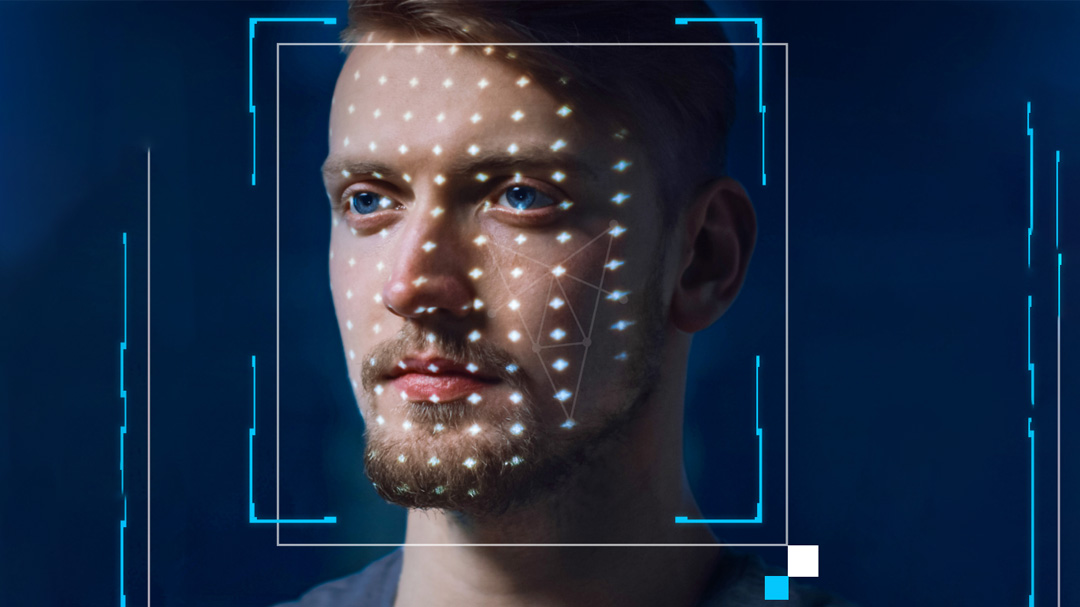Sometimes a law comes into conversation that seems so simple and obvious you might have assumed it already existed. That’s how I felt when reading The Guardian talk about Denmark’s new strategy to help tackle AI imitations such as deepfakes.
Rather than go after the AI creators in this case, Denmark is making what feels like a very prudent decision. It’s changing copyright law, so that everyone simply owns their own likeness by default. This includes their body, face, and even voice – all of which I’d been calling mine anyway, without any apparent legal claim over them.
The decision was announced on Thursday as part of Denmark’s plan to help protect individuals against having their identities stolen by AI. It seems that the EU is taking a rather different approach to the US when it comes to individuals as opposed to the market. Despite how logical it seems, it’s thought to be the first to offer this kind of intrinsic ownership and protection in the EU.
“In the bill we agree and are sending an unequivocal message that everybody has the right to their own body, their own voice and their own facial features, which is apparently not how the current law is protecting people against generative AI.” Danish culture minister, Jakob Engel-Schmidt, told the Guardian, adding “Human beings can be run through the digital copy machine and be misused for all sorts of purposes and I’m not willing to accept that.”
With the speedy rise of AI, suddenly people all over the world have a new set of powerful tools at their disposal. Unfortunately, a lot of these tools have put their work into stealing things from others, be it art, writing, or even their whole face. Suddenly people can create realistic videos of others saying and doing whatever they want, and the law has been scrambling to catch up to this tech. A blanket and simple law like this feels like a smart answer to give some power back to the individuals in all the very likely lawsuits to come.
“Of course this is new ground we are breaking, and if the platforms are not complying with that, we are willing to take additional steps,” said Engel-Schmidt.
Notably the law has no inclination to stand against parody or satire. The Danish government appears to be targeting things like slander and misinformation instead. This might get a bit murky as AI continues to grow, but hopefully the spirit of the law will remain strong for the intended purposes.
The move has cross-part agreement from the Danish government with nine out of 10 MPs behind the change. Thanks to the support the department of culture is readying a proposal to amend the law which will hopefully go ahead in Autumn.
Denmark hopes that other countries in the EU will follow suit and introduce its own similar laws. It plans to use its upcoming stint as president of the EU to help encourage others to start implementing their own protections for individuals and their ownership over their appearance and voice.
